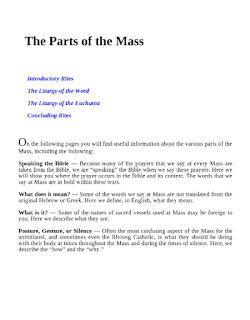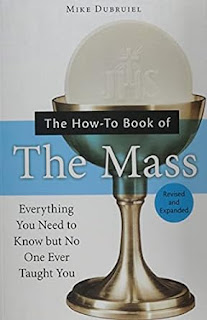The Cross of Christ Teaches Us. . . About Repentance
For Jews demand signs and Greeks seek wisdom, but we preach Christ crucified, a stumbling block to Jews and folly to Gentiles, but to those who are called, both Jews and Greeks, Christ the power of God and the wisdom of God. 1 CORINTHIANS 1:22–24
This generation is an evil generation; it seeks a sign, but no sign shall be given to it except the sign of Jonah. LUKE 11:29
Some years ago I visited the Florida State Prison, accompanying a group of men from around the state who converged on the prison one Saturday of every month to have fellowship with men convicted of the vilest crimes imaginable. I introduced myself to Ron, who lived three hours away from the prison. After some pleasantries, I walked away, and then fell into conversation with another man, who introduced himself as Tom.
“You know Ron?” Tom nodded toward the first man, who had put his arm around an inmate.
“Just met him today.”
“See the guy he’s hugging?” I nodded. “Five years ago, that man murdered Ron’s only son. Now look at them. How does Ron do it—forgive him, I mean?” I didn’t know.
The first proclamation of the gospel by Jesus was that those who wished to follow him needed to “repent and believe.” We are prone to think of “repentance” as giving up sin—and to some degree that is true. However, in the time of Jesus the word would have been more accurately translated, “to radically change the mind, one’s way of thinking.”
The man visiting his son’s murderer every month had “repented.” His way of thinking would seem totally foreign to most of us; it makes sense only to those familiar with the gospel message of Jesus: Love your enemies. Forgive seventy times seven. See Christ in the least of his brethren—even in prison.
Sign of Jonah
The people of Jesus’ day wanted him to perform a sign to prove that his message was true. Today many of us wish for the same. In reality, these signs are all around us but we are blind to them. Even if we see the sign, it doesn’t always convince us. I once attended a healing service where people were literally jumping out of wheelchairs. It didn’t make me believe; if anything, I left the service convinced that the healer was a fraud.
In the preceding gospel passage, Jesus called those seeking signs from him evil. They were evil because they refused to acknowledge the many signs that God had already worked in their midst that confirmed that the ministry and teaching of Christ were from God. Even though I am tempted to look with disdain on those who asked for a sign from Jesus in the gospel, I know deep down that I, too, often forget about the many “signs” that God has given me to confirm the truth of Jesus as the Son of God.
In the Gospel of Luke, Jesus promised the “sign of Jonah.” This sign is often interpreted as the preaching of repentance: Jonah preached in Nineveh for less than a day before his message The Power of the Cross produced a radical change in the hearts of the people. By comparison, Jesus had preached for three long years. If pagan Nineveh was so quick to repent, why were those who heard Jesus’ message so slow to give up their way of thinking? Earlier in Luke’s gospel, Simeon’s prophesy may hold the key to this question: “This child is set for the fall and rising of many in Israel, and for a sign that is spoken against” (Luke 2:34).
The oldest interpretation of the “sign of Jonah,” which is also found in the Gospel of Matthew (16:4) comes from an unfinished commentary on this gospel, penned by an anonymous source dating from the time of the early church fathers. For this nameless wise person, the sign of Jonah was the sign of the cross. His reasoning? St. Paul’s letter to the Corinthians, where Paul makes specific reference to the desire for signs among the Jewish people and what he gives them in response—Christ crucified.
Responding to the Sign
What will it take for us to trust in Jesus’ message? The cross of Christ can fill people with dread. And yet, it is at the heart of the good news that Jesus preached. It is diametrically opposed to the way the fallen human race thinks; enamored with forbidden fruit, from which it hopes to become “like God.” The world shuns the tree that bears the only true Source of life and wisdom. As St. Paul told the Corinthians, “For the word of the cross is folly to those who are perishing, but to us who are being saved it is the power of God,” (1 Corinthians 1:18).
To the world, it is foolishness to think that anyone could forgive to the point of embracing his son’s killer. As for me, the power of the cross is poignantly revealed in this holy man I once met in a prison in Florida. By embracing the cross, he was able to do exactly what God does when he invites us to his banquet. The cross of Christ either convicts us of murdering God’s Son or makes us into a new creation—a being who is truly remarkable to behold
The Power of the Cross is a book well-suited to daily reading during Lent. The book is available here in pdf version.






